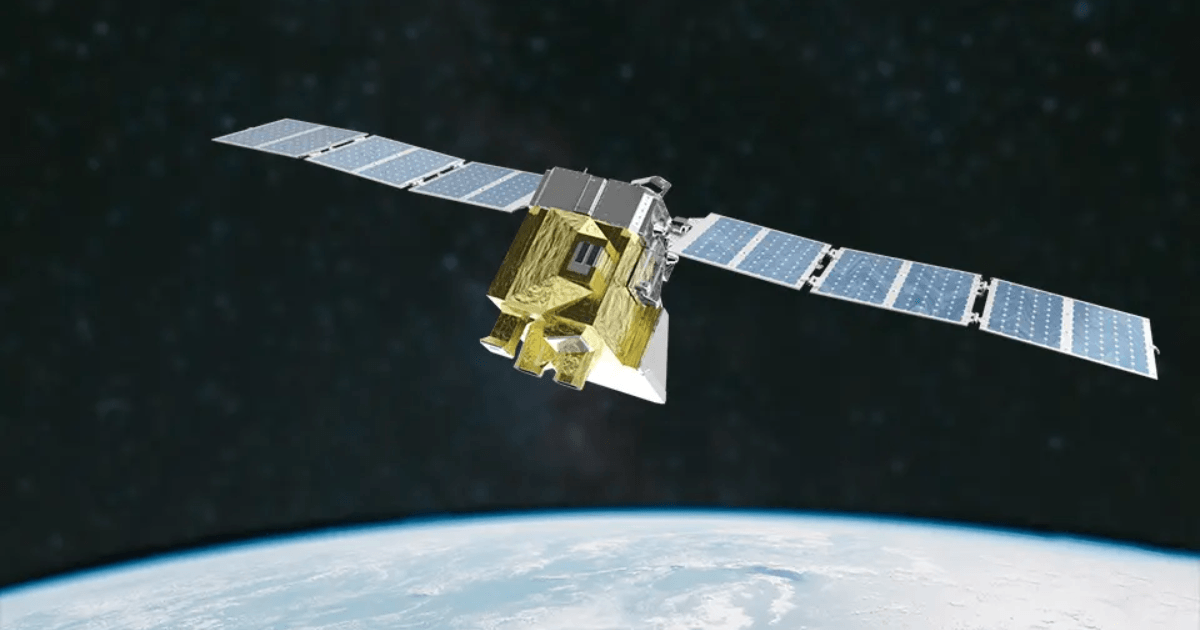American engineer, designer, entrepreneur and investor Anthony Michael Fadell, former senior vice president of Apple's iPod division, wants to help save the planet - by converting the methane released by cattle into diamonds.
Known as the "father of the iPod", Fadell also oversaw the development of all the hardware, firmware and accessories for the first three generations of the iPhone.
According to the American engineer, although carbon dioxide continues to receive most of the attention in the media and scientific research, the world is now "waking up to methane", whose significant contribution to global warming has been underestimated.
"Over the years I've managed to build... many billions of products around the planet that people have used over the years and continue to use today," says Fadell, quoted by The Times.
"Now, what I do is spend my time working with entrepreneurs, innovators and startups around the world who are helping the planet," explains the American investor.
As well as inventing Apple's ubiquitous devices, Fadell founded Nest Labs, a smart thermostats and smoke alarms company, which Google bought from him for £2.5 billion in 2014 - and turned into what we now know as its Google Nest platform for "smart homes".
Fadell has invested part of that fortune fighting climate change, including funding, designing and building MethaneSAT, a satellite launched earlier this year to detect methane emissions around the world.
According to the United Nations Environment Program, methane is 80 times more harmful than CO2 for 20 years after its release.


"We can detect methane emissions from a single source, an oil or gas pump," said Fadell at the time, who hopes that the satellite will act as a "methane policeman", forcing oil and gas companies to fix leaks.
However, fossil fuels are not the only sources of methane. Cows, more specifically their belching and, to a lesser extent, their flatulence, are also a significant producer of the gas, which traps much more heat in the atmosphere than carbon dioxide.
Fadell is now committed to combating the impact of methane from cattle on heating the atmosphere.
He recently set up Diamond Foundry, a company that uses biomethane from soil, manure or produced by animals and turns it into diamonds "with green, wind and solar energy". Like CO2, the methane molecule (CH4) includes carbon, which the company extracts and crystallizes to create diamonds.
Tony Fadell is also trying to stop methane at source; he has set up CH4 Global, a company that produces red algae for use in the production of animal feed. "If we put red algae in the feed, we'll have less burping, less flatulence. They're 80 to 90% less," he explains.

Whether it's stopping methane at source or converting it into diamonds, Faddel is trying to help combat climate change.
Unfortunately, his diamonds are currently only being used in industrial applications, mainly electronics. So if you were already imagining yourself walking around with a diamond made from solidified cow burp, you'll have to wait...






